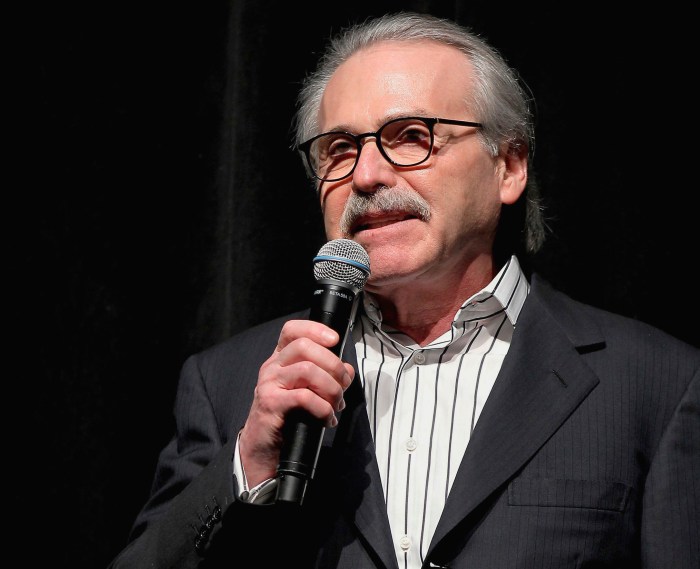Frederick Wiseman is the serious film fan’s documentarian. With a career that’s spanned five decades and 38 films, his unvarnished cinema verite style has captured quintessential American institutions like a welfare office, state government agency, hospital and basic military training camp. But the Cambridge, Mass., native has also turned his lens to the world of the arts — most recently on the legendary French nightclub Crazy Horse, which is world-renowned for its nude dance cabaret.
As the film opens at Film Forum this week, we talked to the octogenarian about his sultry new film.
You’re known for capturing American institutions on film, in the last two decades you’ve also focused your attention on the arts in French culture with “La Comedie-Francaise” and “La Danse” and now “Crazy Horse.” Is it a case of, “one for me, one for my legacy”?
Well, I like living in France, so I’ve sought out projects there. Life is very pleasant there. The food’s good and it’s a beautiful city. The only plan in mind is continue to make these movies and pick subjects that interest me. But beyond that, so much of it is chance — it still remains chance.
Like “La Danse” and “Boxing Gym,” your two most recent films, “Crazy Horse” focuses on movement and training the body. This seems to be a particular fascination of yours.
Yes. There’s no question — in a variety of ways. Some of my movies are very talk-based, like “State Legislature,” some are more movement-based. The interest is the choice of a different subject matter.
Do you feel as though you’ve covered all the bases when it comes to American institutions?
No. Some people think because I’ve made “La Danse” and “Crazy Horse” and “Ballet” that I’m switching to art or performance. You could say that, but that’s not my motive. My motive is to make films about as many different subjects as possible. I could’ve started my career with a movie like “Ballet” and ended up with “Titicut Follies.” It’s chance, but within the context of wanting to make movies about as many different aspects of contemporary life as possible. Certainly performance, whether it’s theater or dance, is an important part of contemporary life.
You’ve maintained tight control on the distribution of your films. Why?
The origin is that my first two films were distributed by Grove Press and I got screwed so badly. They made a lot of money and I didn’t make anything. I ultimately had to sue them to get some money and to get the rights back. So, I set up my own distribution company in 1971 because I had nothing to lose. … There have probably been less sold than if they had been sold by a distributor, but the return is so much greater. I like the idea of people being able to see these movies, but I also like the idea of being able to eat.

















